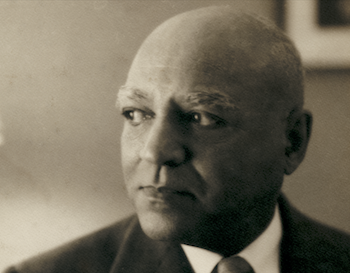As the number of Bitcoin teller machines increases around the U.S., a majority are being installed to target majority Black and Latine neighborhoods with higher costs, according to a new Bloomberg report. Out of a reported 31,100 units spread across…
LATEST NEWS
Just over 56 years ago, on April 4, 1968, I was 13…
An all-Black woman-led running team recently filed a discrimination lawsuit against the…
Wrestling is a great sport, but it seems to grapple itself into…
Legal Defense Fund attorney Jared Evans joins Lurie to discuss redistricting and…
Sports
Earlier this week Caitlin Clark, the number one overall pick of the…
On Wednesday, NBA commissioner Adam Silver brought Thor’s Stormbreaker down on the…
Musician Bryson Tiller recently announced that he’ll be putting his music career…
The creators of The Sims video game recently announced a collaboration with…
As Women’s History Month continues to unfold, institutions around the world are…
The Tech Equity Collective Impact Fund recently announced the latest grantees for…
Actress Jenifer Lewis joins Lurie Daniel Favors to discuss the steps you have to take in order to better your life. About Jenifer Lewis…
Travel
In this video, the Passport Heavy crew embarks on a three-week adventure across Colombia! From the vibrant streets of Medellín to the serene beaches…
Food
A handful of cities in the world offer expansive international food experiences at every turn. Dining out in Toronto will definitely make you biased as a traveler, as it boasts cuisines that cover the globe from…















































